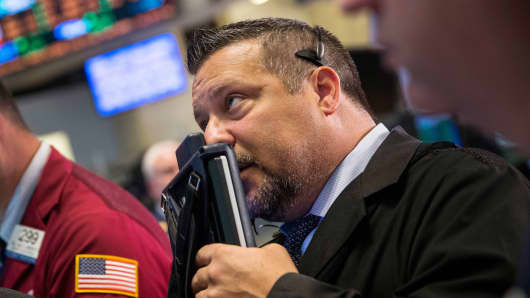As the five-year anniversary of the Lehman Brothers collapse approaches, experts warn that risks of another crisis still linger if regulators fail to get tough on larger banks.
"'Too big to fail' has not been ended five years after the devastating crisis," Dennis Kellerher, president and CEO of Better Markets, told CNBC's Asia "Squawk Box" on Friday.
(Read more: Five years after Lehman, risk moves into shadows)
"It's unlikely to happen on the same scale today. But could it happen in five, ten or fifteen years' time? Absolutely, if we do not regulate these too dangerous to fail banks right, and if we don't actually start enforcing the law against them," he added.






